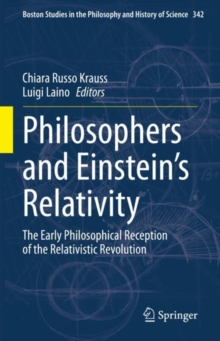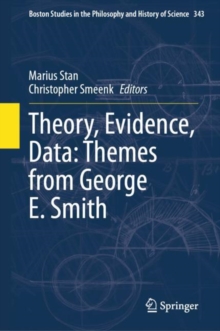
Language, Logic and Method PDF
Edited by Robert S. Cohen, Marx W. Wartofsky
Part of the Boston Studies in the Philosophy and History of Science series
Description
Fundamental problems of the uses of formal techniques and of natural and instrumental practices have been raised again and again these past two decades, in many quarters and from varying viewpoints.
We have brought a number of quite basic studies of these issues together in this volume, not linked con- ceptually nor by any rigorously defined problematic, but rather simply some of the most interesting and even provocative of recent research accomplish- ments.
Most of these papers are derived from the Boston Colloquium for the Philosophy of Science during 1973-80, the two exceptions being those of Karel Berka (on scales of measurement) and A.
A. Zinov'ev (on a non-tradi- tional theory of quantifiers).
Just how intriguing these results (or conjectures?) seem to us may be seen from some brief quotations: (1) Judson Webb: " . . . . the abstract machine concept has many of the appropriate kinds of properties for modelling living, reproducing, rule- following, self-reflecting, accident-prone, and lucky creatures . . . the a priori logical results relevant to the abstract machine concept, above all Godel's, could not conceivably have turned out any better for the mechanist. " (2) M. L. Dalla Chiara: " . . . modal interpretation (of quantum logic) shows clearly that it possesses a logical meaning which is quite independent of quantum mechanics. " (3) Isaac Levi: (as against Peirce and Popper) " . . . infallibilism is con- sistent with corrigibilism, and a view which respects avoidance of error is an important desideratum for science.
Information
-
Download - Immediately Available
- Format:PDF
- Publisher:Springer Netherlands
- Publication Date:06/12/2012
- Category:
- ISBN:9789400977020
Information
-
Download - Immediately Available
- Format:PDF
- Publisher:Springer Netherlands
- Publication Date:06/12/2012
- Category:
- ISBN:9789400977020










